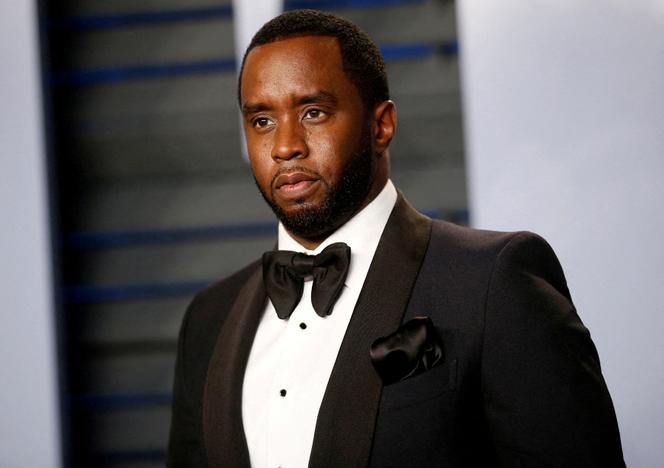


Music mogul Sean "Diddy" Combs was found not guilty of racketeering and sex trafficking on Wednesday, July 2, but convicted of a less serious prostitution charge after a high-profile seven-week trial in New York. The jury, after 13 hours of deliberation over three days, found Combs guilty of two counts of transportation to engage in prostitution, each of which carries a maximum sentence of 10 years in prison. The verdict came at the end of a trial in which prosecutors had accused Combs of being the boss of a decades-long criminal group who directed loyal employees and bodyguards to commit myriad offenses at his behest. The alleged crimes included forced labor, drug distribution, kidnapping, bribery, witness tampering and obstruction and arson. Combs, once one of the most powerful figures in the music industry, had vehemently denied all charges.
Combs was convicted of flying people around the country, including his girlfriends and paid male sex workers, to engage in sexual encounters, a felony violation of the federal Mann Act. However, the jury of eight men and four women acquitted Combs of racketeering conspiracy and sex trafficking charges, related to allegations that he used his money, power and frightening physical force to manipulate his girlfriends into hundreds of drug-fueled sex marathons with the men.
In their final argument, prosecutors tore into Combs's team, who they said had "contorted the facts endlessly." "In his mind, he was untouchable," prosecutor Maurene Comey told the court, adding: "The defendant never thought that the women he abused would have the courage to speak out loud what he had done to them."
Combs, 55, smiled and looked relieved as the verdict was read out. He shook hands with one of his lawyers and said "thank you" to members of the jury as they left the courtroom.
Judge Subramanian also thanked the jury for their service before dismissing them. "You listened, you worked together, you were here every day, rain or shine," he said. "You did so with no reward, other than the reward that comes from answering the call of public service."
Jurors began deliberating on Monday, after the judge read them nearly three hours of instructions on how to apply the mountain of evidence and testimony in the case to the law. The trial included, at times, disturbing testimonies, along with thousands of pages of phone, financial and audiovisual records.
On Tuesday, Subramanian ordered the jury to continue its closed-door discussions for a third day after the panel of eight men and four women said it was unable to reach consensus on the top count: racketeering conspiracy. To find Combs guilty of racketeering, jurors needed to find the existence of a criminal enterprise and that the organization committed at least two of the offenses.
In a note to the court late on Tuesday, the jury said "unpersuadable opinions on both sides" among some jurors had prevented the group from reaching a unanimous verdict on the racketeering conspiracy charge. The disclosure of Tuesday's jury note about the partial verdict had seemed to put defense attorneys and their client in a dour mood, even before it was read in open court by the judge.
Combs was charged with sex trafficking two women: singer Casandra Ventura and a woman who testified under the pseudonym Jane. Both were in long-term relationships with the entrepreneur and hip hop powerhouse, and they each testified about abuse, threats and coercive sex in wrenching detail. They both said they felt obligated to participate in Combs-directed sexual marathons with hired male sex workers.
Combs's lawyers insisted the sex was consensual. They conceded domestic violence was a feature of his relationships – one harrowing example of him beating and dragging Ventura was caught on security footage, which has been widely publicized. Yet, while disturbing, that did not amount to sex trafficking, the defense said.
